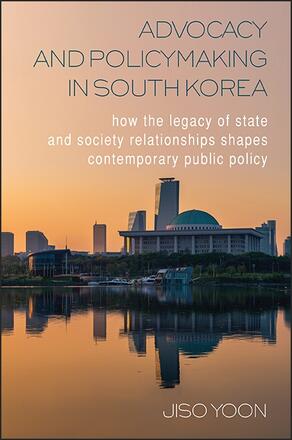
Advocacy and Policymaking in South Korea
How the Legacy of State and Society Relationships Shapes Contemporary Public Policy
Alternative formats available from:
Reveals how policymaking traditions prior to democratization continue to resonate within current South Korean public policy advocacy practices.
Description
Who dominates in the contemporary policy process in South Korea? How do policy advocates engage in advocacy activities to exercise influence? Building on existing theories of state, society, and public policies in democracies, Advocacy and Policymaking in South Korea argues that the legacy of state-society relationships explains who influences and how in South Korean policymaking. The state-society relationship has been a popular framework to explain democratic transition and consolidation. Yet, few studies to date extend the approach to explain advocacy and policymaking across political systems. Jiso Yoon shows the relevance of the framework in explaining advocacy and policymaking today with empirical evidence drawn from the contemporary policy process in South Korea. In addition, she compares policy communities across new and old democracies, such as South Korea and the United States. In this regard, the comparative analysis included in the book sets an important research example for students of comparative public policy to follow.
Jiso Yoon is Assistant Professor of Political Science at the University of Kansas.
Reviews
". ..a sensible contribution to existing literature on Korean policy-making. " — CHOICE